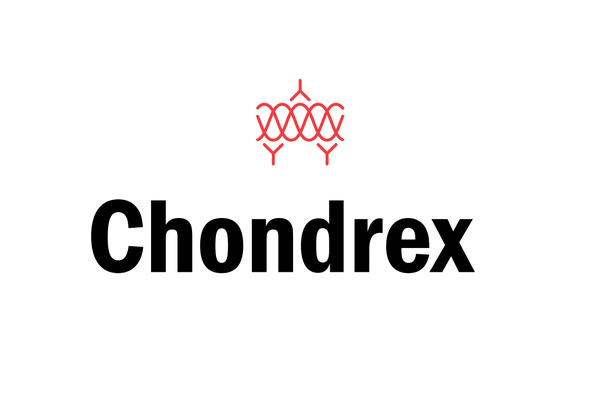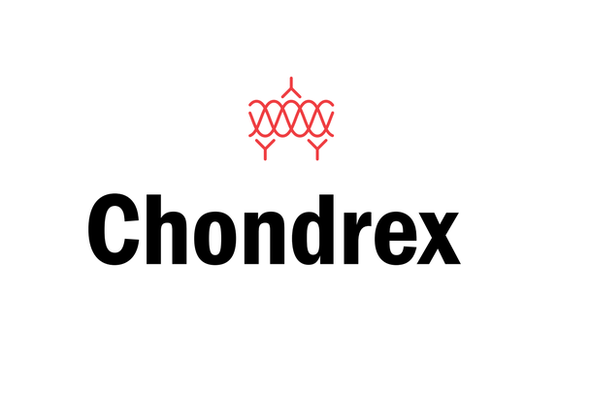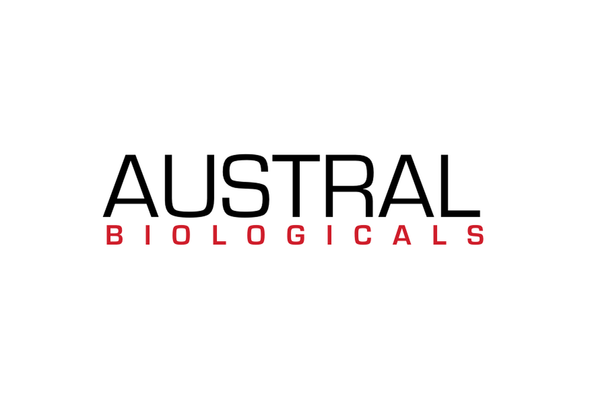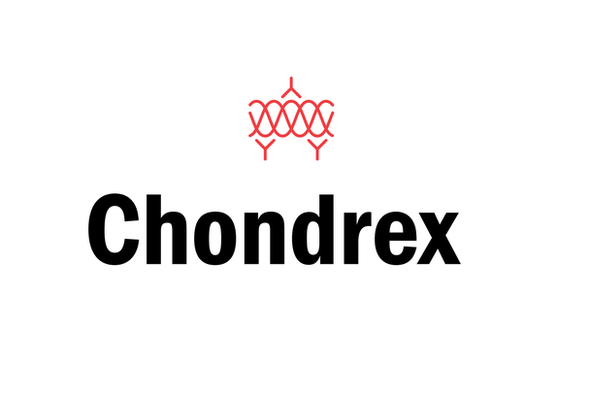Mouse Transforming Growth Factor-beta 1 (TGF-beta 1) Detection Assay Kit
- SKU:
- 445-6709
- Size:
- 1 kit
- Shipping:
- Gel Packs
- Storage:
- -20 C
Description
Mouse Transforming Growth Factor-beta 1 (TGF-beta 1) Detection Assay Kit - Cat Number: 6709 From Chondrex.
Research Field: Inflammation, Immunology
Clonality: N/A
Cross-Reactivity:
Host Origin: N/A
Applications: N/A
Isotype: N/A
Detection Range: 2000 pg/ml-32 pg/ml
Sample Type: Culture Media, Serum, Plasma
Concentration: N/A
Immunogen:
DESCRIPTION: ELISA Kit to quantify Mouse TGF-1
FORMAT: Pre-coated 96-well ELISA Plate with removeable strips
ASSAY TYPE: Sandwich ELISA
ASSAY TIME: 4 hours
STANDARD RANGE: 5000 - 78 pg/ml
NUMBER OF SAMPLES: Up to 40 (duplicate) samples/plate
SAMPLE TYPES: Culture Media, Serum, and Plasma
RECOMMENDED SAMPLE DILUTIONS: 1:1 (at least)
CHROMOGEN: TMB (read at 450 nm)
STORAGE: -20°C for 12 months
VALIDATION DATA: Intra-Assay (2.0-9.8%)/Inter-Assay (4.6-13.3%)/Spiking Test (87-90%)
NOTES:
KIT COMPONENTS
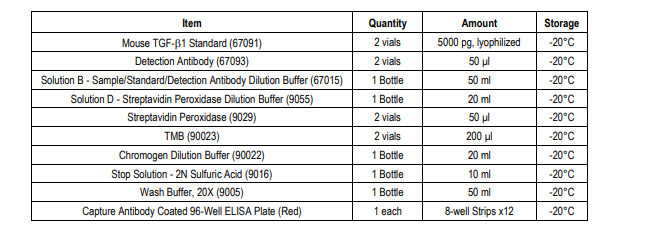
NOTES BEFORE USING ASSAY
NOTE 1: It is recommended that the standard and samples be run in duplicate.
NOTE 2: Warm up all buffers to room temperature before use.
NOTE 3: Crystals may form in Wash Buffer, 20X when stored at cold temperatures. If crystals have formed, warm the wash buffer by placingthe bottle in warm water until crystals are completely dissolved.
NOTE 4: Measure exact volume of buffers using a serological pipet, as extra buffer is provided.
NOTE 5: Cover the plate with plastic wrap or a plate sealer after each step to prevent evaporation from the outside wells of the plate.
NOTE 6: For partial reagent use, please see the assay protocol’s corresponding step for the appropriate dilution ratio. For example, if the protocol dilutes 50 µl of a stock solution in 10 ml of buffer for 12 strips, then for 6 strips, dilute 25 µl of the stock solution in 5 ml of buffer. Partially used stock reagents may be kept in their original vials and stored at -20⁰C for use in a future assay.
NOTE 7: This kit contains animal components from non-infectious animals and should be treated as potential biohazards in use and for disposal.
ASSAY OUTLINE
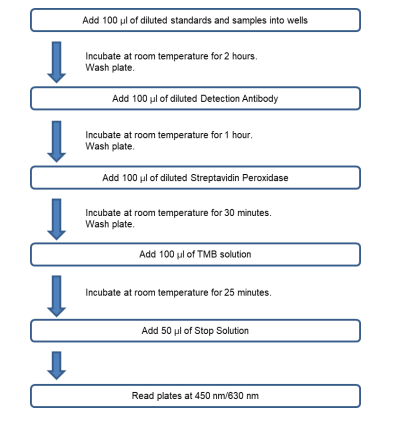
PLATE MAPPING

ASSAY PROCEDURE
Prepare Standard Dilutions: The recommended standard range is 78 - 5000 pg/ml. Dissolve one vial of Mouse TGF-1 standard in 1 ml of Sample/Standard/Detection Antibody Dilution Buffer (Solution B) for the 5000 pg/ml standard. Then serially dilute it with Solution B. For example, mix 250 µl of the standard (5000 pg/ml) with an equal volume of Solution B to make a 2500 pg/ml solution, and then repeat it five more times for 1250, 625, 312, 156, and 78 pg/ml solutions. The remaining 5000 pg/ml standard stock may be stored at - 20°C for use in a second assay. Chondrex, Inc. recommends making fresh serial dilutions for each assay.
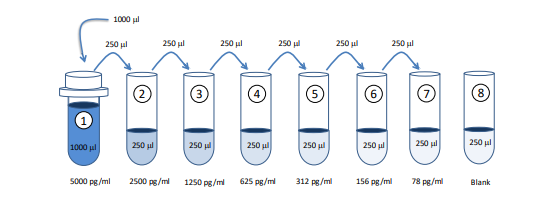 Prepare Samples:
Prepare Samples:
Cell Culture Media: Remove cell debris and insoluble precipitate by centrifuging at 10,000 rpm for 5 minutes. When not in use, store the supernatant samples at -20°C; avoid repeat freeze-thaw cycles. Serum*: Clot blood samples by incubating samples at room temperature for 2 hours. Collect serum by centrifuging samples at 10,000 rpm for 5 minutes. When not in use, store the serum supernatant samples at -20°C; avoid repeat freeze-thaw cycles. Plasma*: Collect plasma samples with the use of anticoagulants such as heparin.
Collect plasma by centrifuging samples at 10,000 rpm for 5 minutes within 30 minutes of blood collection. When not in use, store the plasma supernatant samples at -20°C; avoid repeat freeze-thaw cycles. NOTE: Using lipemic (cloudy) samples may affect assay results. The stored samples must be centrifuged at 10,000 rpm for an additional 5 minutes before the assay. Dilution: Dilute samples at least 1:1 with Solution B depending on the estimated TGF-1 level in the samples. Two to three different sample dilutions are recommended if the TGF-1 levels in the samples are unknown. NOTE: Samples must be diluted with Solution B to maintain optimal assay conditions. 3.
Add Standards and Samples: Add 100 µl of Solution B (blank), standards, and samples to designated wells in duplicate and incubate at room temperature for 2 hours. 4. Dilute Wash Buffer: Dilute 50 ml of Wash Buffer, 20X in 950 ml of distilled water (1X wash buffer). Wash the plate with 1X wash buffer at least 3 times using a wash bottle with manifold or an automated plate washer. Empty the plate by inverting it and blotting on a paper towel to remove excess liquid. Do not allow the plate to dry out.

